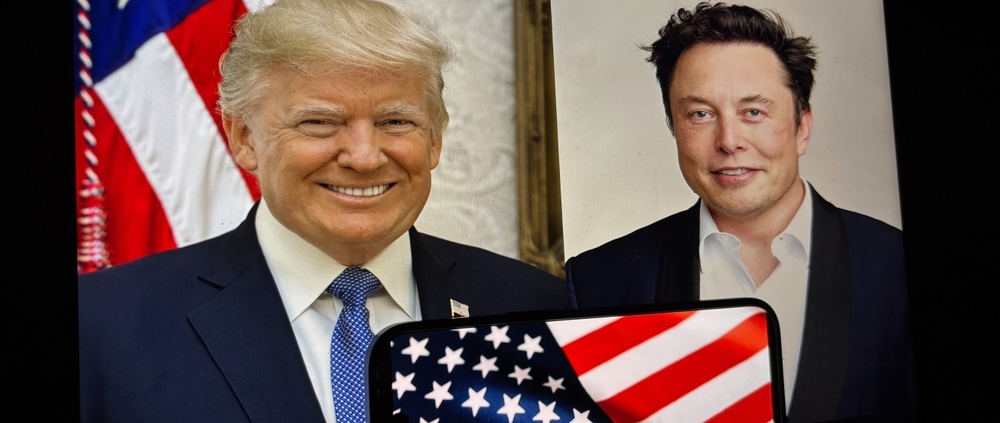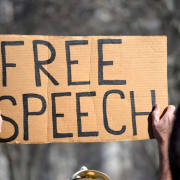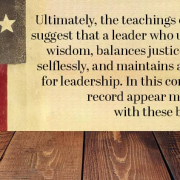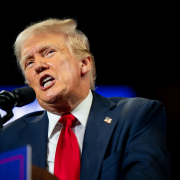Divide & Conquer, President Trump and Elon Musk’s Strategy of Dividing Poor America from Working Together for Economic Equality
By Esther Claudette Gittens | Editorial credit: Frederic Legrand – COMEO / shuttertsock.com
In recent years, the United States has witnessed a deepening polarization, with tensions escalating between certain segments of the white working-class population and proponents of Diversity, Equality, and Inclusion (DEI) initiatives. This divide has been influenced by political figures and influential leaders, notably former President Donald Trump and entrepreneur Elon Musk. Their actions and rhetoric have been perceived by some as strategies that exacerbate societal divisions, particularly between economically disadvantaged white communities harboring racial resentments and advocates of DEI. This article examines the strategies employed by Trump and Musk, the dynamics of this manufactured conflict, and the potential consequences for various societal groups.
Trump’s Stance on DEI and Its Impact
Upon returning to office in 2025, President Trump initiated a series of executive orders aimed at dismantling DEI programs within federal agencies and the military. He labeled these initiatives as “illegal and immoral discrimination” and advocated for a return to merit-based employment and promotions. This move was justified by claims that DEI policies compromise efficiency and safety, particularly in critical sectors like aviation and law enforcement.
Critics argue that Trump’s actions are not merely administrative but are designed to appeal to certain white constituencies who feel threatened by the increasing emphasis on diversity and inclusion. By framing DEI initiatives as antithetical to meritocracy, Trump taps into existing anxieties among some white Americans who perceive these programs as disadvantaging them in favor of minorities. This narrative fosters resentment and deepens racial and cultural divides.
Elon Musk’s Role in the DEI Discourse
Elon Musk, appointed by Trump to lead the Department of Government Efficiency, has been instrumental in the campaign against DEI. He has overseen significant budget cuts, aiming to eliminate over $120 billion in annual DEI spending. Musk’s public statements have also criticized DEI initiatives, suggesting that they prioritize diversity over competence, thereby compromising organizational effectiveness.
Musk’s influence extends beyond policy implementation; his public platform amplifies messages that resonate with individuals skeptical of DEI. By questioning the value of diversity initiatives, Musk reinforces narratives that align with those propagated by Trump, further polarizing public opinion.
The Manufactured Conflict: Poor White America vs. DEI
The strategies employed by Trump and Musk can be seen as creating a dichotomy between economically disadvantaged white Americans and DEI proponents. By portraying DEI initiatives as threats to meritocracy and economic opportunity, they foster a sense of victimization among poor white individuals. This narrative suggests that DEI policies unfairly advantage minorities at the expense of white Americans, particularly those already facing economic hardships.
This manufactured conflict diverts attention from systemic issues contributing to economic inequality, such as wage stagnation, lack of access to quality education, and healthcare disparities. Instead, it channels frustration towards DEI initiatives, framing them as the primary obstacles to economic advancement for white Americans.
Potential Consequences and Identifying the Losers
The deliberate amplification of tensions between poor white Americans and DEI advocates has several profound implications:
- Deepened Societal Divisions: By framing DEI as a zero-sum game, where gains for minorities equate to losses for white individuals, societal cohesion is undermined. This polarization hampers collaborative efforts to address shared challenges.
- Economic Disadvantage: The focus on DEI as a scapegoat diverts attention from policies that could address the root causes of economic hardship affecting all low-income individuals, regardless of race. Consequently, poor white Americans may continue to face economic challenges without effective solutions.
- Erosion of DEI Progress: The dismantling of DEI programs can reverse progress made in creating inclusive environments, leading to increased discrimination and reduced opportunities for historically marginalized groups.
- Political Exploitation: Politicians may exploit these divisions for electoral gains, implementing policies that favor the elite while neglecting the needs of the broader population. This can result in further entrenchment of systemic inequalities.
In this scenario, the primary losers are both the economically disadvantaged white individuals and minority groups. The former are misled into opposing initiatives that do not directly cause their economic plight, while the latter face setbacks in the fight for equality and inclusion. Meanwhile, the true beneficiaries of this division are those in positions of power who can deflect attention from systemic issues and maintain the status quo.
Conclusion
The strategies employed by President Trump and Elon Musk in opposing DEI initiatives have contributed to a manufactured conflict between poor white Americans and DEI proponents. This divisive narrative distracts from systemic issues affecting economically disadvantaged populations and undermines efforts toward a more inclusive society. Recognizing and addressing this manipulation is crucial for fostering unity and developing policies that benefit all members of society, regardless of race or economic status.












Leave a Reply
Want to join the discussion?Feel free to contribute!